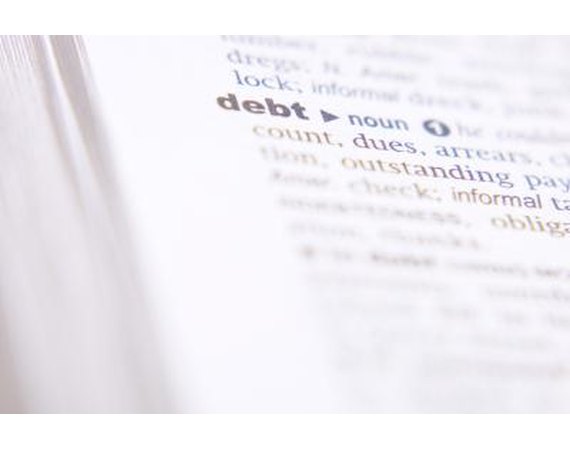
If you fail to repay a debt, your creditor can sue you in civil court to recover what is owed. If the court issues a judgment against you, the creditor can then take steps to garnish your wages or bank account. In the state of Maryland, writs of garnishment are issued by the district court. If you've been served with a garnishment order, learn how to respond properly, while protecting your rights.
Instructions
- 1
Carefully read the writ of garnishment to determine which type of garnishment order you are being served with. The state of Maryland permits creditors to seek garnishment of your wages under Rule 3-646 of the legislative code or garnishment of your bank account under Rule 3-645. The garnishment order will notify you of the date the judgment was entered, the name and address of the judgment creditor, the amount of the judgment and the requirements for submitting a response.
2Choose your defense. For example, if your bank account contains deposits of income that are exempt under federal law, you may use this defense to prevent these funds from being seized. You can also claim financial hardship as a defense if a wage or bank account garnishment would place an undue burden on you and/or your family members.
3File a motion for hearing with the district court to object to the garnishment if your wages are being garnished. State law allows you to file this motion within 30 days of receipt of the original garnishment order. You can obtain a general motion form from the Maryland district court website. On the form, you must include your name and address, the name and address of the judgment creditor and your reasons for objecting to the garnishment.
4File a motion to exempt property from execution if your bank account contains exempt deposits. You also have 30 days from the date of receipt of the original garnishment order to file this motion. Under federal law, you may claim an exemption for Social Security benefits, veterans' benefits, Supplemental Security Income, student assistance, federal retirement or disability benefits, military survivors' benefits, FEMA disaster assistance and railroad workers' benefits.
5Attend the scheduled court hearing. When you attend the hearing, you may present evidence to support your claim for exemptions or financial hardship, e.g. direct deposit receipts, pay stubs, copies of your monthly bills or a monthly expense statement. If you cannot prove your claim, the court will deny your motion and the garnishment will proceed.






0 comments:
Post a Comment